Hybrid Art
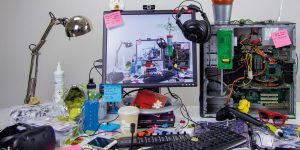
THE WILD STATE: State of Intimacy
Fabrizio Lamoncha Martinez (ES)
This unique exhibition reflects, in many respects, the diversity of the international Interface Cultures students group. Many of the students’ art and technology projects seem to encourage us to consider new collective values. We hope you’ll be inspired and alerted by their intimate, artistic, socially engaged, technical informed or critical views on our life over the last half year.
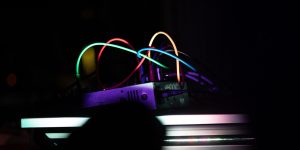
THE WILD STATE: Sound Campus
Enrique Tomás (ES)
Sound Campus is a new program especially oriented towards examining the state of experimental sound practices at universities and research centers. It opens a possibility for students and researchers to present new forms of understanding sonic art to the big audience of Ars Electronica Festival. This year’s program, curated by Enrique Tomás, presents uneasy sound performances resonating in the face of a critical present. Intrusive music touching us despite lockdowns.
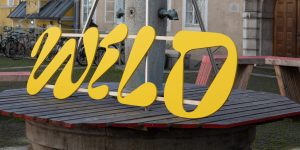
THE WILD STATE: Networked
Julia Nüßlein (DE), Davide Bevilacqua (IT)
The exhibition “The Wild State: networked” seeks to leave the state of uncertainty behind us by bringing some of the most recent and interesting contributions to the Hauptplatz in Linz. We are delighted to present works by Master and PhD-students, touching on topics related to the truly “Wild State” we are currently in, and the natural processes related to it. – A tour through the exhibition with the curators Julia Nüßlein (DE) and Davide Bevilacqua (IT)
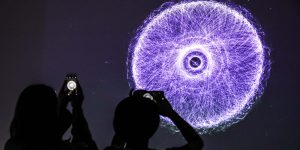
Ars Electronica Export - Tour and Networking
Ars Electronica Export is travelling to Nikosia (RISE), Dresden (Hygienemuseum), Esch-sur-Alzette (Cultural Capital2022) and San Sebastian (Tabakalera) to talk about the collaboration and projects not only we can see during Ars Electronica Festival 2020.
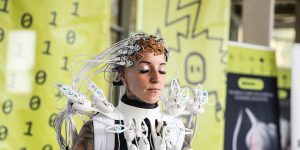
The Pangolin Scales
Thomas Faseth (AT), Harald Pretl (AT), Christoph Guger (AT), Anouk Wipprecht (NL)
The Pangolin Scales demonstrates the world’s first 1.024 channel brain-computer interface (BCI), which is able to extract information from the human brain with an unprecedented resolution to control an interactive, fashionable dress.
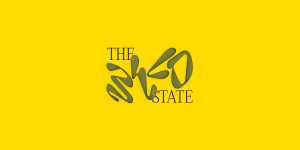
The Wild State
Campus
THE WILD STATE is the title of this year’s Kunstuniversität Campus activities at Hauptplatz Linz during Ars Electronica Festival 2020 from 9. – 13. September 2020. Existing since 2002, the intention of the Campus format is to invite outstanding international universities working in the academic fields of media arts and design. This year with an exhibition with contributions by various partner universities, as well as the departments Interface Cultures, Visual Communication, Fashion&Technology, Art Education, and Design: Tech.Tex. Special events comprise façade projection “Interfacing Hauptplatz”, the Internet flea market “Yami-ichi”, discursive format “Agora Digitalis” and the top notch nightline “Sound Campus”.
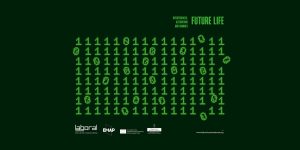
Future Life. Interferences, Alterations, Changes.
Laboral Centro de Arte y Creación Industrial (ES)
The artists in this exhibition work with blood and chlorophyll to investigate the connections between human and plant life. They use microbial cultures, robotic clams and sensors to demonstrate the contamination of the oceans; or apply AI algorithms so that something as innocent as a flower can visualize financial speculation. They also engage with the new icons, practices and virtual devices that define the increasingly polarized and radicalized scenarios of online social and cultural ecosystems.
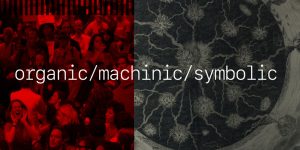
Sensory Orders
ŁAŹNIA Centre for Contemporary Art (PL)
The Ars Electronica Garden Gdańsk, hosted by ŁAŹNIA Contemporary Art Centre, features Sensory Orders, a project examining the different orders of sensemaking taking place under our (current) conditions of extreme precariousness and uncertainty.
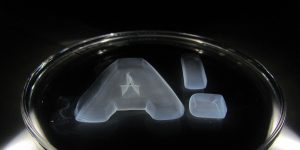
Chronicles of an Art and Science Collaboration, Otaniemi-Espoo, Finland
Aalto University (FI)
The project highlights the use of autoethnographic narrative as tool for artistic and design research. It brings together self-reflections from three scientists who participated in an art and science collaboration dealing with the use of bio-cellulose for art and design purposes. Through their stories we learn about what inspired them to follow careers in science and how the making of a contribution to sustainability and the good of humankind sustains their work objectives.
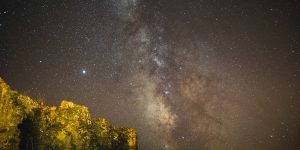
The Night Sky: Unveiling What Only the Dark Reveals
Open Science Hub - Portugal, Municipality of Figueira de Castelo Rodrigo (PT)
Open Science Hub - Portugal (OSHub-PT; Plataforma de Ciência Aberta) is a social innovation project that brings together science, technology and innovation with the daily life of local and regional communities, supporting schools and societal actors in tackling local relevant challenges. It is a project of the Municipality of Figueira de Castelo Rodrigo, in collaboration with Leiden University.
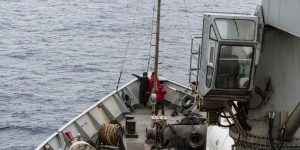
Achaeoscillator_Towards incorporeal forms of sensing listening and gaze
Terra Australis Ignota Research Group (CL) with Santiago Museum of Contemporary Art (MAC)
Achæoscillator displays the drastic weather conditions of the southernmost island in the world on a virtualized representation of the end/beginning of the Americas. A one-person experience, where the research presents traces and connections between the ancestors of the Yagán community, the Kawesqar and Selk’nam and the Antarctic, Scotia and South America continental plates, offering an inestimable and uncontrollable source of Gaia's power.
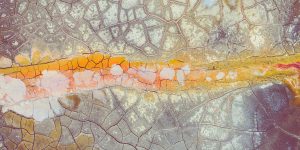
Speculating on the Future
Centre for Fine Arts (BOZAR) (BE)
BOZAR explores the role of scientific and technological research as an engine for creativity. The meeting of science, technology and the arts is the favoured basis for finding innovative responses to the social, ecological, and economic challenges that Europe will be facing in the near future. BOZAR joins the Ars Electronica Festival with its own interpretation of the Kepler’s garden, through the curation of 3 online events under umbrella name "Speculating on the future".
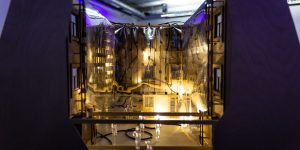
Art and Nanotechnology
gnration (PT) and INL – International Iberian Nanotechnology Institute (PT / EU)
gnration presents a virtual tour of The Invention of Sense by Marcel Weber. The exhibition explores extrasensory perception and a new sensuality. In the featured works, as well as in their presentation, Sensing, Discovering and Exciting are discussed, stimulated and elevated. The exhibition takes the premise further by extending the established restrictions of gallery space and turning the room itself into a medium and a stimulating, visceral experience.


